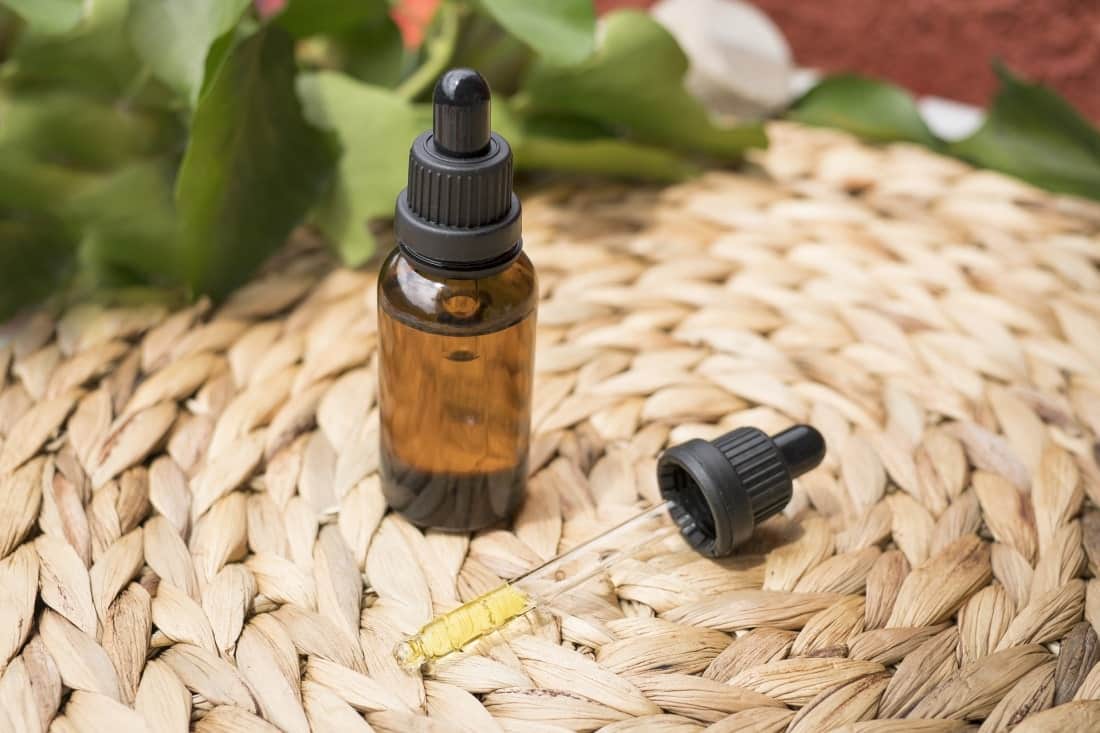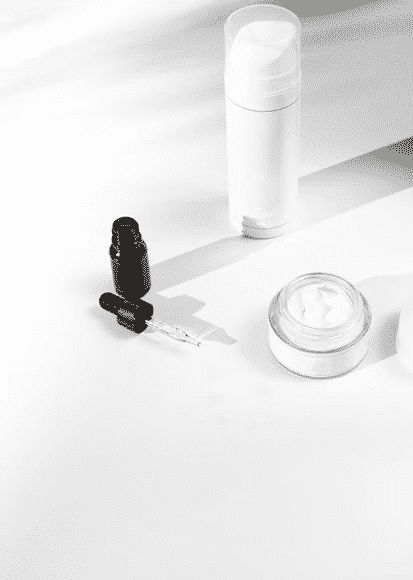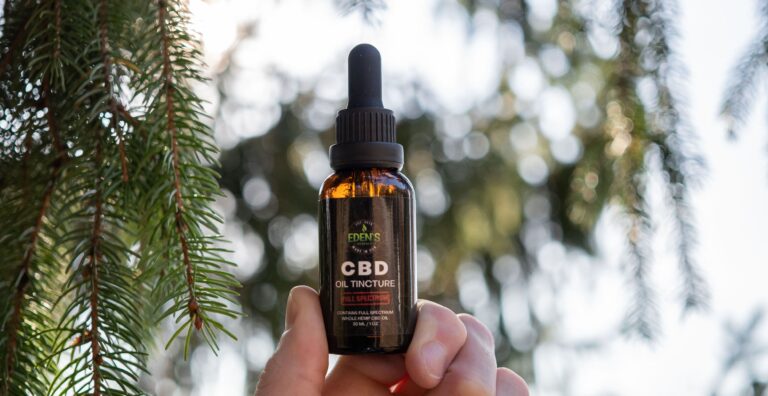Does CBD help fight Diabetes? Benefits and Risks
CBD has had the attention of the field of medical science for quite some time now. Researchers are attempting to find out how effective CBD really is against diabetes. Is there CBD diabetes risks to sufferers of the condition?
To understand, CBD is short for cannabidiol, which is a compound found in the cannabis plant. However, this compound is not what causes people to feel high. That’s what other compounds, such as THC (tetrahydrocannabinol) do.
Research progress
Research about CBD has been showing some results, however, it is still currently limited. As the majority of the tests so far have only been done on animals such as mice and rats. Humans have also been used as test subjects, but not on a wide enough scale yet.
As a result, even if CBD works on mice, it is not sure how well it will work on humans. Nonetheless, further studies are being done on this. Research is currently ongoing about the effectiveness of CBD in treating or lowering the risk of T1D and T2D diabetes. Type 1 and type 2 diabetes.
As of this moment, researchers are attempting to determine how CBD influences blood glucose levels, insulin, and inflammation in the body.
Effectiveness against diabetes
Unfortunately, there are no clinical trial results for the effectiveness of CBD in lowering the risk of diabetes for humans yet.
In mice, however, it has shown to be quite effective in treating non-obese diabetic mice, greatly lowering their risk for developing diabetes.
CBD has also shown promise in treating inflammation in mice, as it kept the pain at bay.
Potential side effects
As the effects of CBD aren’t known too well at the moment due to limited knowledge, researchers have not been able to map out the complete list of side effects yet. Some potential side effects are known, however, such as:
- Fatigue
- Loss of appetite
- Nausea
- Diarrhea
- Drowsiness
If taken liberally and unchecked, it may potentially boost or interfere with the effects of other medications, such as blood thinners. You may want to consult a doctor about this first.
Forms of CBD
There are many forms of CBD that already exist, and you can use them against your current symptoms.
- Oils – CBD oils come in the form of a bottle with a dropper, which can be dropped straight onto your tongue. It being an edible liquid as is means that it can also be added to your food or drinks with no problem.
- Candies – Gummies and the like are mixed with CBD in them. In addition, most of them also have vitamins and nutrients in to help keep you and your body healthy.
- Pills – Like gummies, pills are ingested, as they contain CBD in the form of oil inside of them.
- Vaping – The #CBD comes in the form of the vapor from the use of vaping pens or e-cigarettes, which is inhaled and absorbed by the lungs and instantly sent to the bloodstream. Out of all the CBD forms mentioned here, vaping provides the effect the fastest.
- Skin Lotion – CBD can also be applied to your skin to soothe the pain on certain parts of your body. Such as your muscle joints on your hands or feet. However, unlike the previous CBD forms, skin lotion is usually only applied to the outside of the body, which is, surprisingly, on the skin.
A doctor’s opinion
If you do decide to use CBD as treatment against diabetes, there are many types of CBD oils and gummies out there online that can give you just that. However, be mindful that the current research progress is still limited at the moment. Be cautious about the potential side effects as well. Before you go ham on buying anything, consult your doctor or a health care provider to give you a proper prescription on how to take it, as well as dosage amount.
Remember, as CBD is still not completely proven to be proper treatment. Use it as a supplement, not as a complete replacement for actual therapy.







